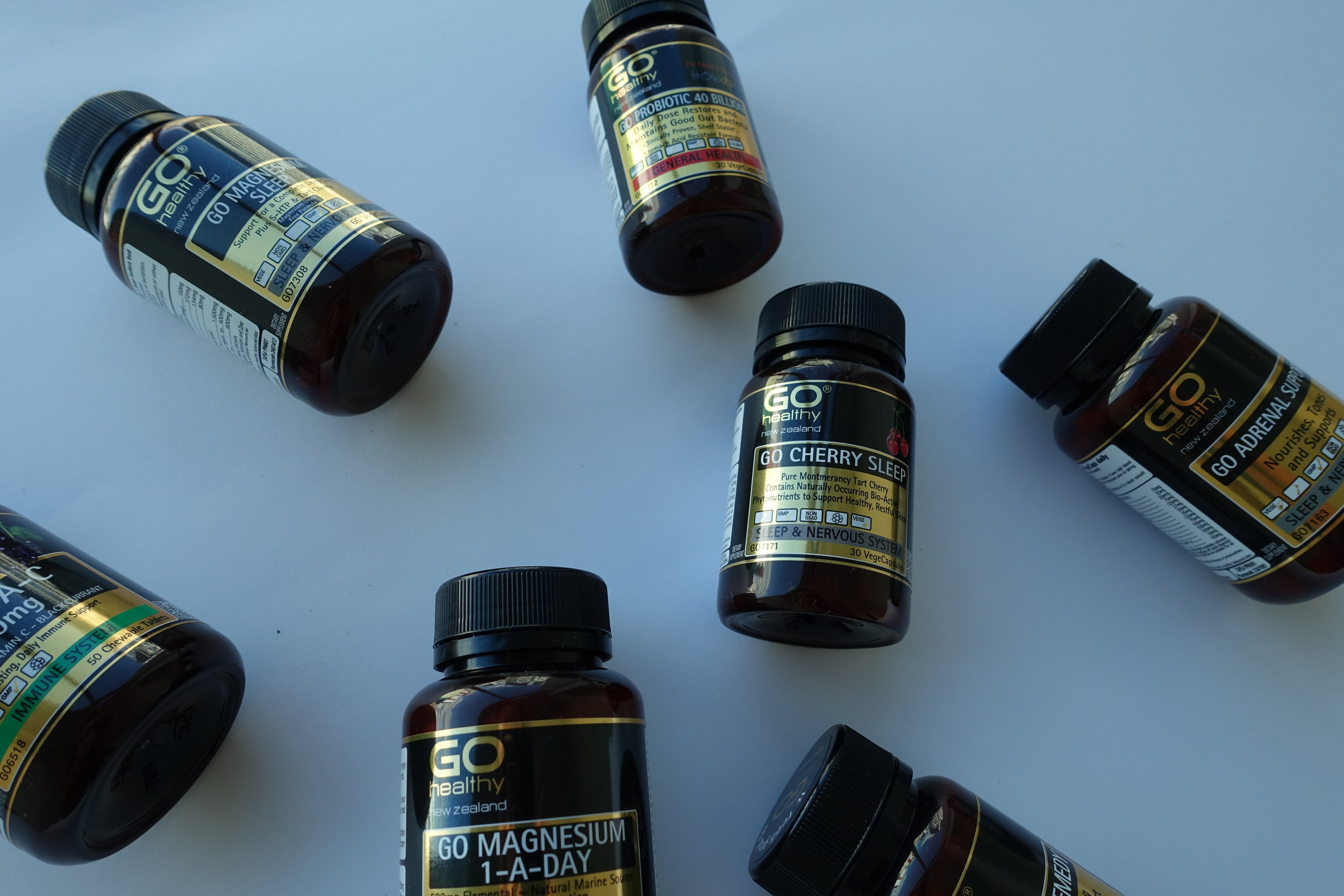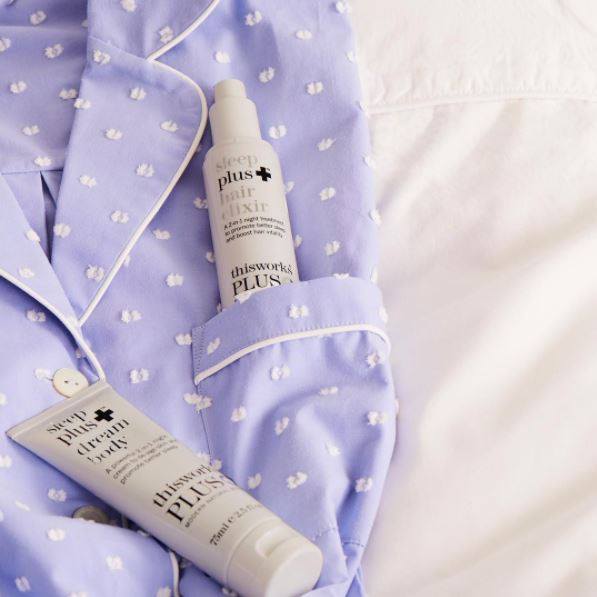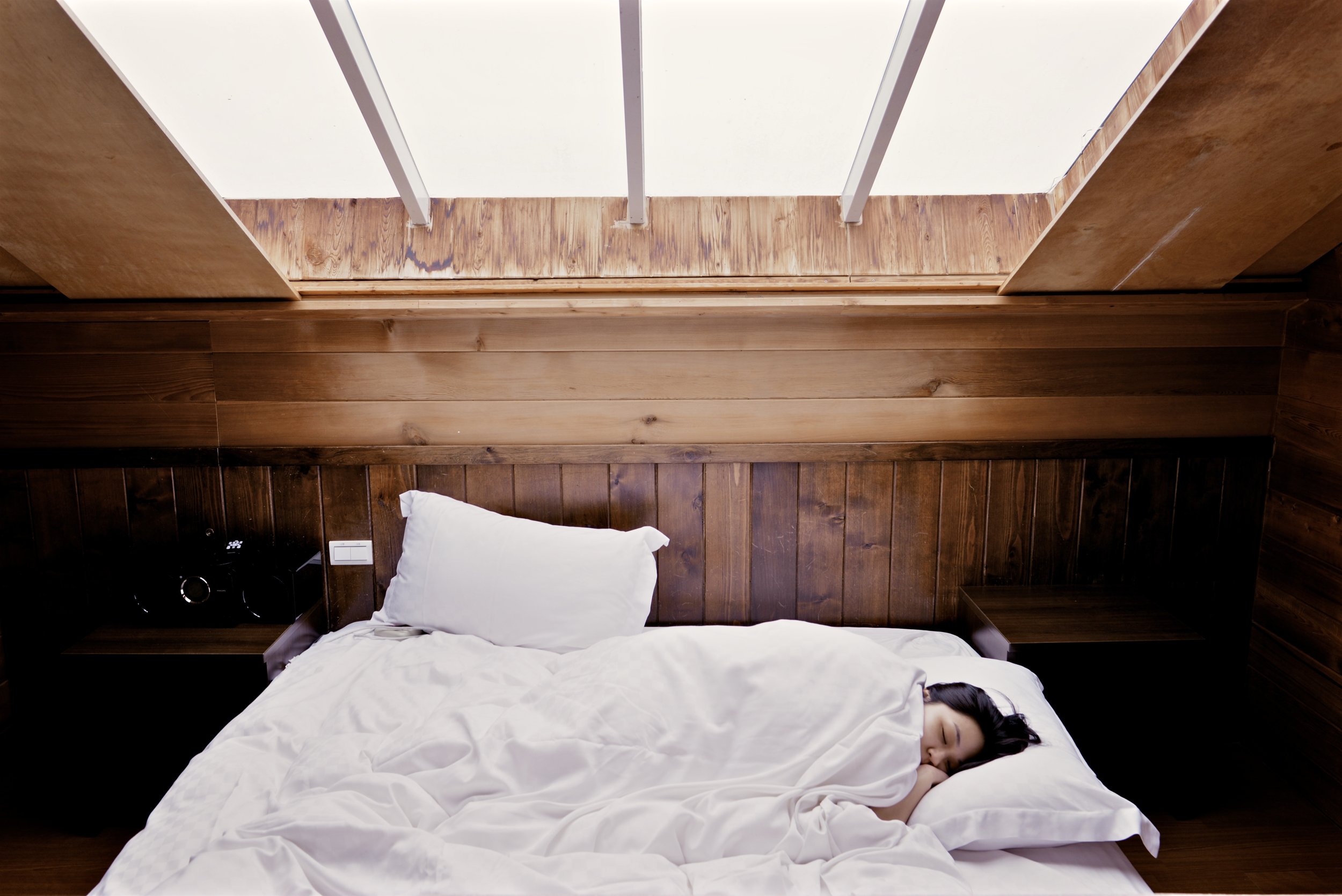How To Get a Good Night Sleep - Six Tips to Improve Your Sleep
The ability to fall asleep—and stay asleep long enough to feel restored and refreshed in the morning—is vital to your overall health and well being. Sleep is also essential in helping your body heal from an injury, and to cope with pain or illness. Research by Sleepyhead shows that New Zealanders still are not getting the sleep we need. Sleepyhead Marketing Manager, Warren Roach, says, “We are dedicated to making sure New Zealanders get a good night’s sleep as it’s so vital to our health and well-being. Yet our research shows many Kiwis struggle with sleepless nights. Anxiety and stress play a part in that but so too does the quality of your bedding”.
Try one or a combination of these six tips to help you sleep more soundly and wake up rested and refreshed:
1. Having the correct bedding. Warren Roach says it best - “A pillow is effectively a bed for your head and without the proper support, you can suffer neck, shoulder and back issues. The right duvet is also important to keep your temperature just right as being too hot or too cold plays havoc with sleep patterns."
You spend so much time in your bed with a suggested 7-8 hours, so it makes sense to invest in a quality sleep solution. This is a simple solution, but one often over looked. I right now have a Sleepyhead Winter Weight Washable duvet. It is perfect for my apartment and low maintenance.
2. Magnesium Magnesium is a great supplement to help support sleep. Magnesium is a mineral found in low levels in many foods; it is a component of more than 325 different enzymes in the human body. It plays an important role in hydration, muscle relaxation, energy production and, crucially, the deactivation of adrenaline. Magnesium chelate and natural Marine Magnesium, both help to relax muscles and ease nervous tension thus aiding a good nights sleep.
I have started using Go Healthy Go Magnesium Sleep as it incorporates 5-HTP and so far so good. I am finding I am sleeping deeper and waking up more refreshed.

3. Wind Down
If you find yourself consistently wishing you had gone to bed earlier but staying on track with a bedtime routine is virtually impossible, consider setting yourself an alarm — to go to bed.
You can set your iPhone or your Fitbit to remind you that it's time for bed. Keeping a routine also helps aid sleep. I know it is hard, but those smart phone reminders can guide you. For this on your Apple iPhone go to Clock, and then along to bedtime. It also tells me that if I go to bed at 11 pm and wake up at 7 am, I will be getting a good 8-hour sleep.
4. Have a bath or shower before bed.
A soak or a hot shower raises your body temperature slightly. Then, when you hop out, you’ll cool down quickly. This mimics the natural drop in body temperature caused by the brain as it readies the body for sleep. Moving from the bathroom to the bedroom is said to help you sleep better. Plus the shower time allows you to unwind.
5. Adding a drop of Lavender oil to the bath or on the bottom of the shower could help even further. This Works, a brand sold on Mecca Cosmetica have a range of lavender based products to help you sleep better. I love the pillow spray as not only does my bedding feel fresh every single night but the scent is so soothing.

6. Consider food and diet
Eating a large pizza at 10 p.m. isn't going to help you sleep at 11 pm. Also, cut drinking liquids too close to bedtime to help reduce those midnight bathroom trips. I know it's often second thought, but you want your body to sleep right, not spend it's rest time digesting all the sugar you feed it.

Photo by nomao saeki on Unsplash
